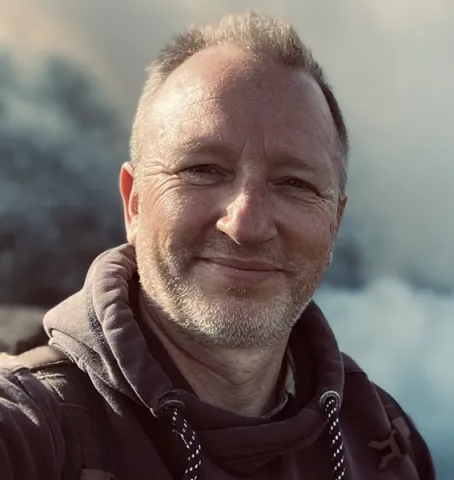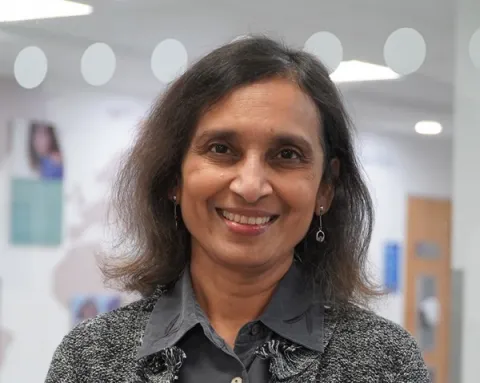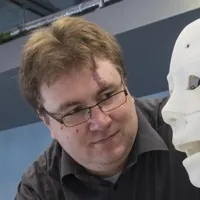About the project
Considering marine fish populations and the fishing communities they support, this project will investigate the cumulative effects of a series of shocks (e.g. Brexit, Covid-19, War in Ukraine) on resource resilience and sustainability. Interdisciplinary skills using innovative methodologies that combine machine learning, remote sensing, and social surveys will be developed.
Global challenges are often complex and fail to fit neatly into any particular unidisciplinary domain; to solve them we must embrace interdisciplinarity. This project will advance sustainable marine fisheries management as part of initiatives to address the global biodiversity crisis while also protecting low-income fishing communities that depend on this primary resource for their livelihoods. We will adopt a systems-based approach to create more resilient ocean resources by taking a holistical perspective that acknowledges complexity and moves away from working in silos.
As such, the successful applicant will work at the interdisciplinary interface and so develop a range of appropriate and highly sought after skills (e.g. in systems dynamics, remote sensing, AI and machine learning, and novel social survey techniques). Working with partners at Fishing into the Future, Blue Marine Foundation, and Seafish, the successful applicant will investigate how the fishing industry responds to shocks, such as those created by new trading arrangements after Brexit, the inability to fish during the Covid-19 pandemic, and the dramatic increase in fuel prices due to the Russian invasion of Ukraine.
The findings will have substantial impact by providing lessons on how natural resources, such as fisheries, can be better managed in the face of future global shocks, such as those associated with climate change and global food shortages. The PhD student will work as part of an interdisciplinary team that nurtures creativity within a cohort of other likeminded researchers who are motivated to “think outside the box”.


